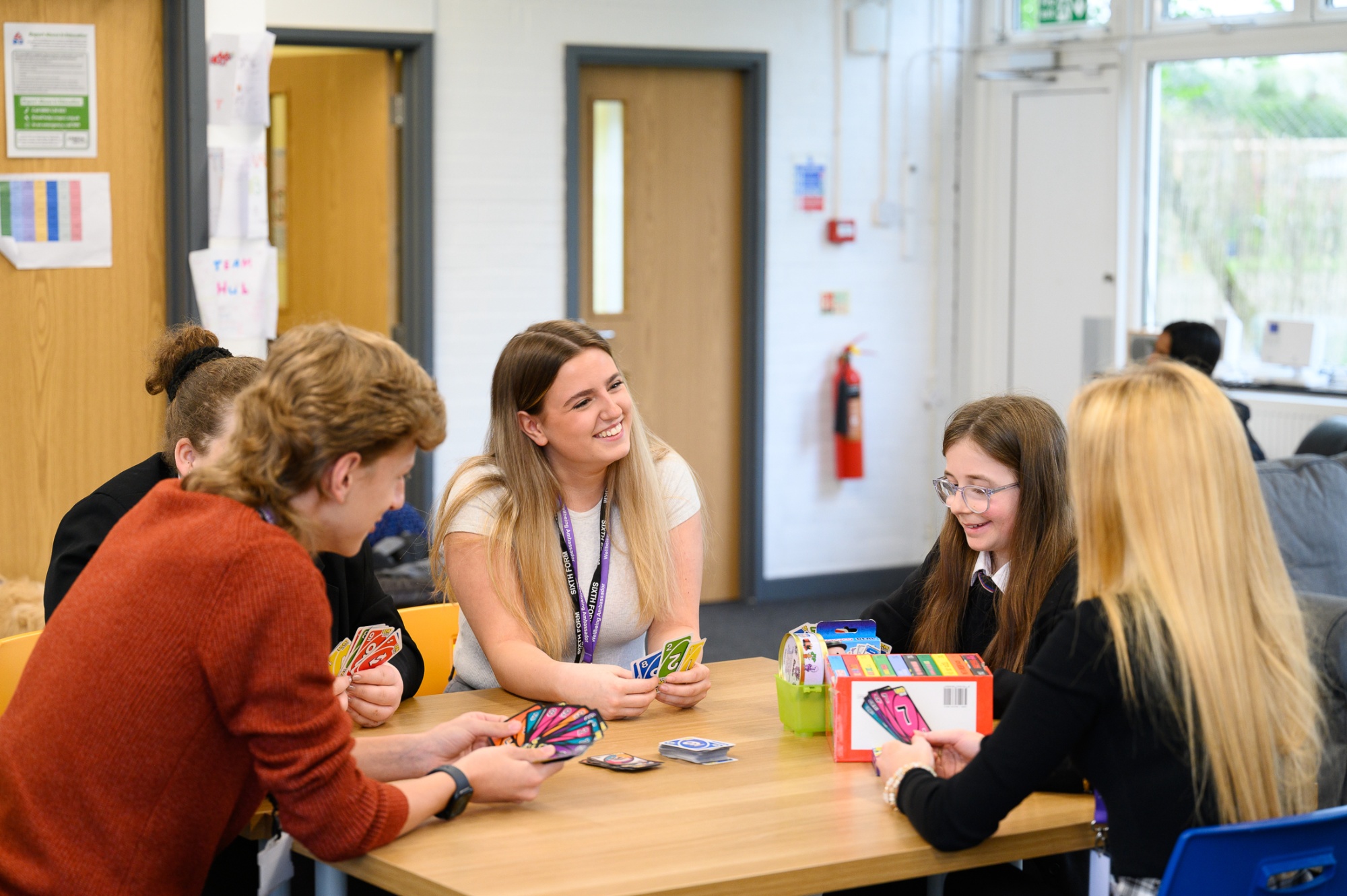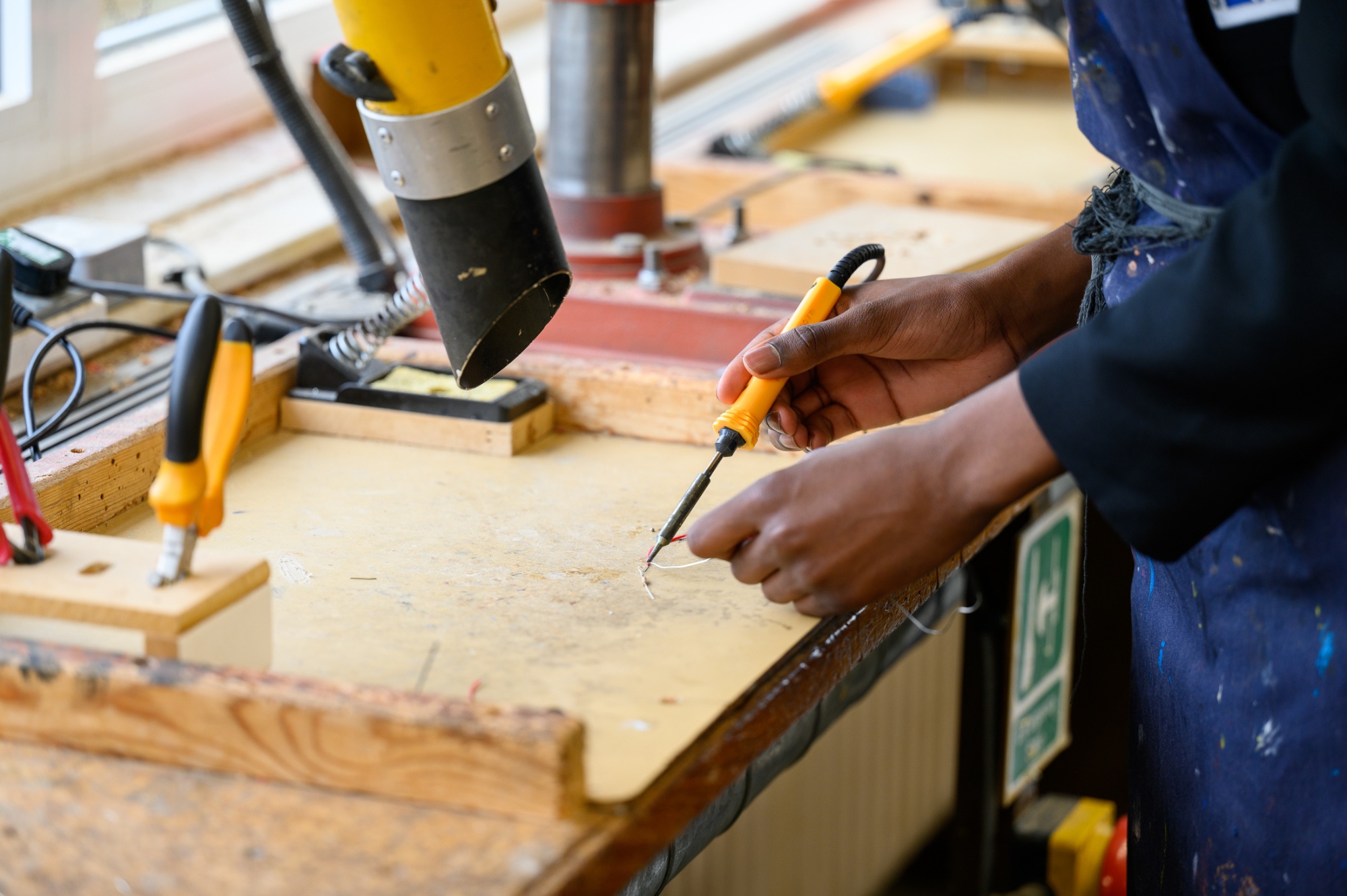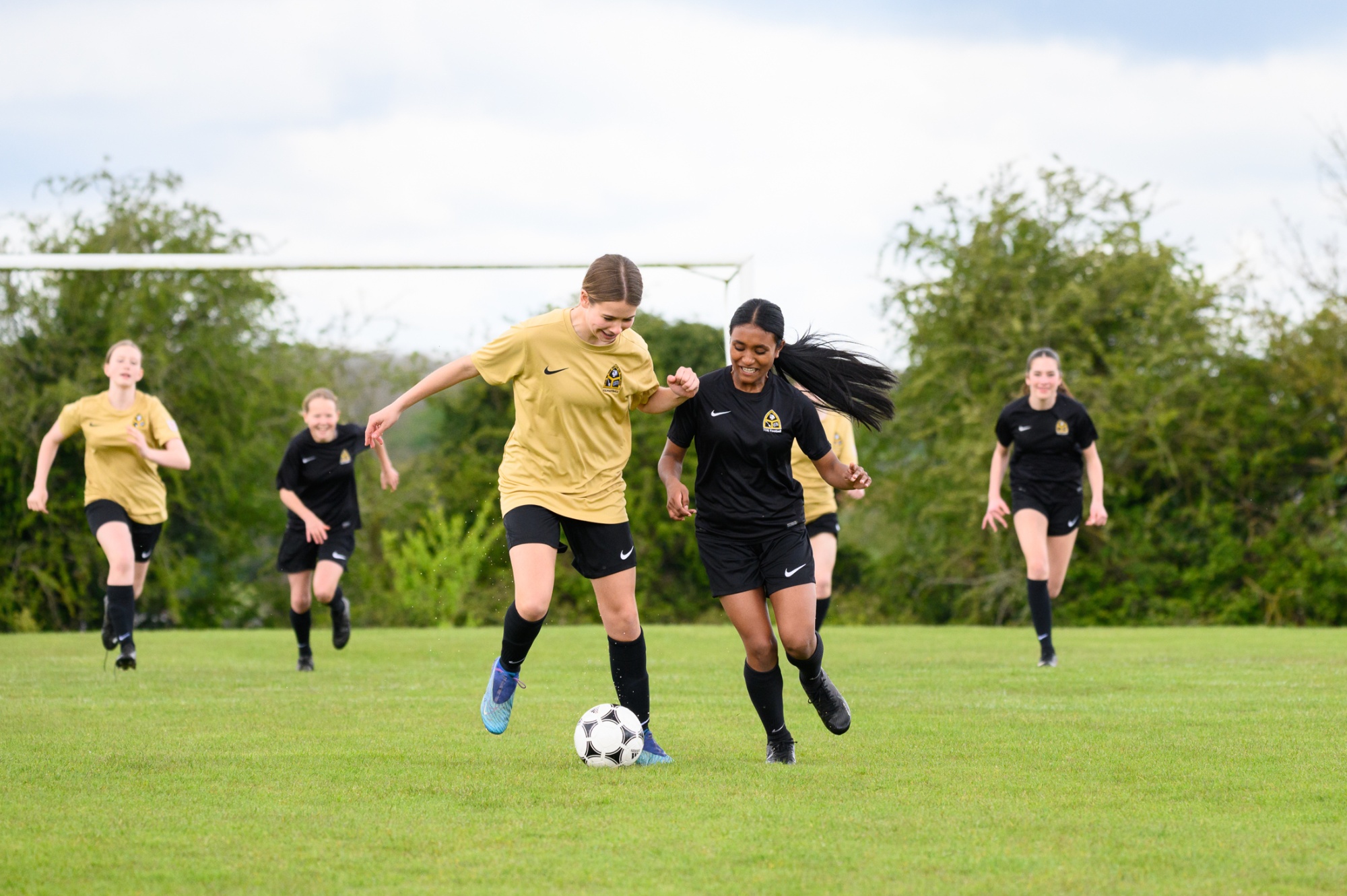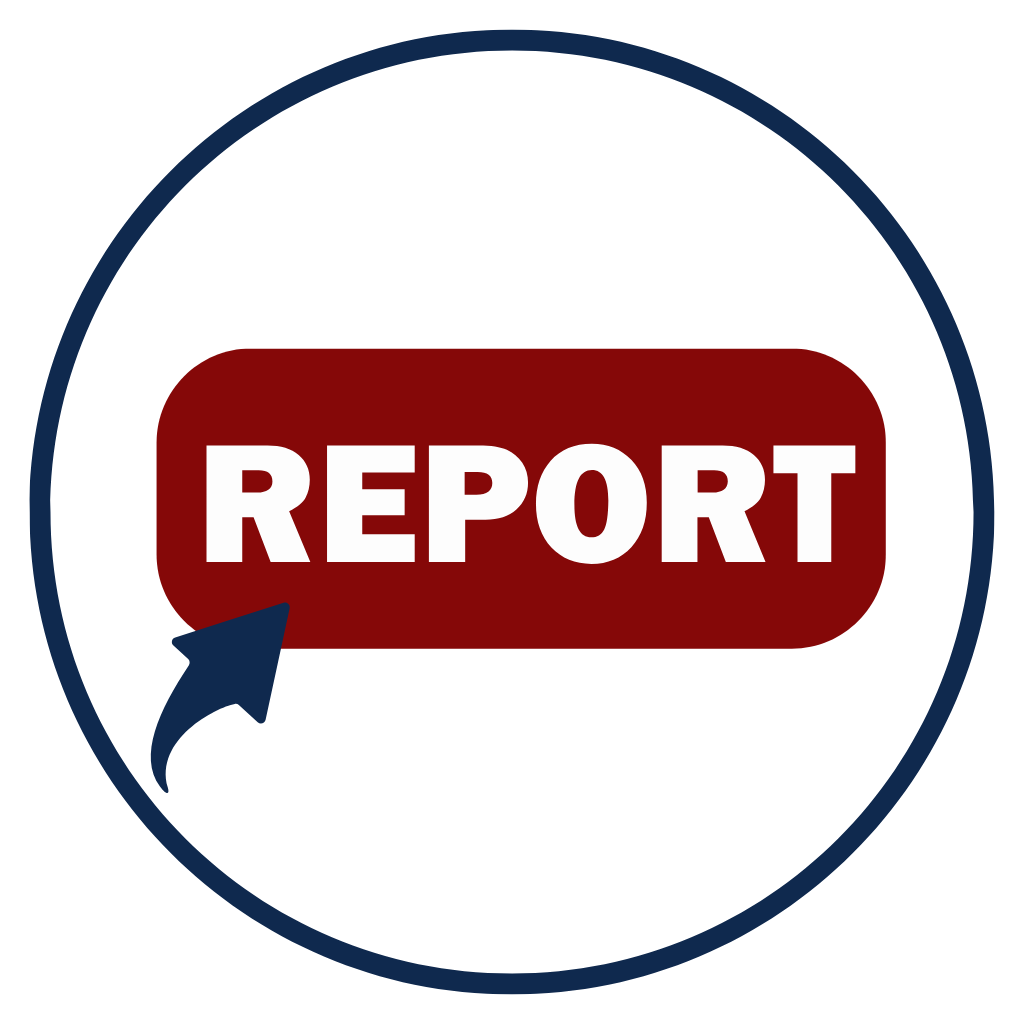History KS3 | Years 7 to 8
Subject Content
We are currently updating our KS3 curriculum. Last year a new enquiry-based curriculum was introduced for Year 7 and this year we are introducing a new curriculum for Year 8. Year 9 will have a new curriculum for 2026-27.
Students investigate the following enquiries in Year 7:
- What is History?
- Who migrated to Britain pre-1066 and how did they change it?
- Why was England invaded and conquered in 1066?
- To what extent did the Normans bring a 'truck-load of trouble' to England in 1066?
- Was there a golden age in Baghdad under the Abbasid Empire?
- Did the mediaeval world encourage crusading?
- How did the power of mediaeval monarchs change over time?
- How fully can we understand the role and status of women in the mediaeval world?
- What does the story of Mansa Musa reveal about mediaeval West Africa?
- Why did people protest against the Early Modern Church?
- How far did religion change the lives of ordinary people in Tudor times?
- How connected was Elizabethan England to the wider world?
- What can we learn about the history of Wing and how it has changed over time?
Students investigate the following enquiries in Year 8:
- How and why did the Kingdom of Benin rise and fall?
- How do historians know about Benin?
- Why was England without a king between 1649 and 1660?
- Why did C.V. Wedgwood call Oliver Cromwell an 'enigma'?
- Why did the conditions of the 17th century lead to people thinking the world had been turned 'upside down'?
- Why do we have a king nowadays?
- When and how was Britain involved in North America?
- Why were Thomas Clarkson and Olaudah Equiano angry?
- How much did resistance to colonial control change the Caribbean?
- Did 19th century changes put the Great in Britain?
- Who was Jack the Ripper?
- Why were many people unhappy and protesting in 19th century Britain?
- Why and how did the lives of women change c.1830-1928?
- Was the First World War inevitable?
- What did the Great War mean to Theo Reid?
- What do the remains of the First World War reveal about Muslim soldiers who fought for Britain?
- Act of the First World War and changes in political ideas in Europe 1918–1939.
As part of their studies, students will have the opportunity to go on a three-day trip to the battlefields of the First World War in France and Belgium.
Through their investigation into these topics, students develop their understanding of historical concepts such as continuity and change, cause and consequence, similarity, difference and significance. They also develop their understanding of the methods of historical enquiry, including how historians use evidence to make historical claims and why contrasting arguments and interpretations of the past have been constructed.
Assessment Details
During the year students will complete a mixture of multiple choice knowledge checks and full assessments that combine multiple choice questions with longer answer questions. In addition students will be assessed using a range of formative assessments as each unit of work progresses.
To be successful, students will need to be able to:
- Demonstrate an understanding of historical vocabulary
- Explain causes and consequences, with the use of evidence and an explanation
- Use a range of sources to find out about the topic being studied
- Make inferences from simple sources and back them up with evidence
- Show an understanding of chronology and the use of dates
- Identify bias within a source and consider the reliability of evidence
- Form their own interpretations and support their points of view with evidence
- Write in sentences and paragraphs
Additional Equipment Recommended
- Glue
What can I do to support my child at home?
- Be interested in your child’s learning. Your child should always have their exercise book unless it has been taken in for marking. Ask to see it. Talk about the different events, people and times that they have studied in lessons.
- Discuss the news with your child. History has many connections with political issues.
- Check your child’s Google Classroom and remind them to complete tasks. It is helpful if you read through their homework to check that they have completed it properly. If they haven’t, or there are a lot of errors with their spelling and grammar, encourage them to edit it before they hand it in. Also encourage them to use key terms from lessons and their Knowledge Organiser to broaden their vocabulary and improve their confidence with literacy.
- Encourage your child to read books set in or about the past. Explore local areas of historic interest and visit museums with interactive displays and activities to reinforce that history is an active, developing subject.
- Enjoy films together about the periods we study, and sing along to Horrible Histories songs on YouTube. There are so many good avenues into the fascinating world of the past to investigate with your child.
Recommended Resources for the Course
Websites
BBC Bitesize KS3 https://www.bbc.co.uk/bitesize/subjects/zk26n39
BBC Teach History KS3 videos https://www.bbc.co.uk/teach/ks3-history/zhbdpg8
Spartacus Educational https://spartacus-educational.com/
Books
- Anything age-appropriate on the topics listed above.
Teaching Staff
Head of History
Miss Hawkes - ahawkes@cottesloe.bucks.sch.uk
Teachers of History
Mr Herman - bherman@cottesloe.bucks.sch.uk
Mr Powell - jpowell@cottesloe.bucks.sch.uk
Mr Passaro - apassaro@cottesloe.bucks.sch.uk






